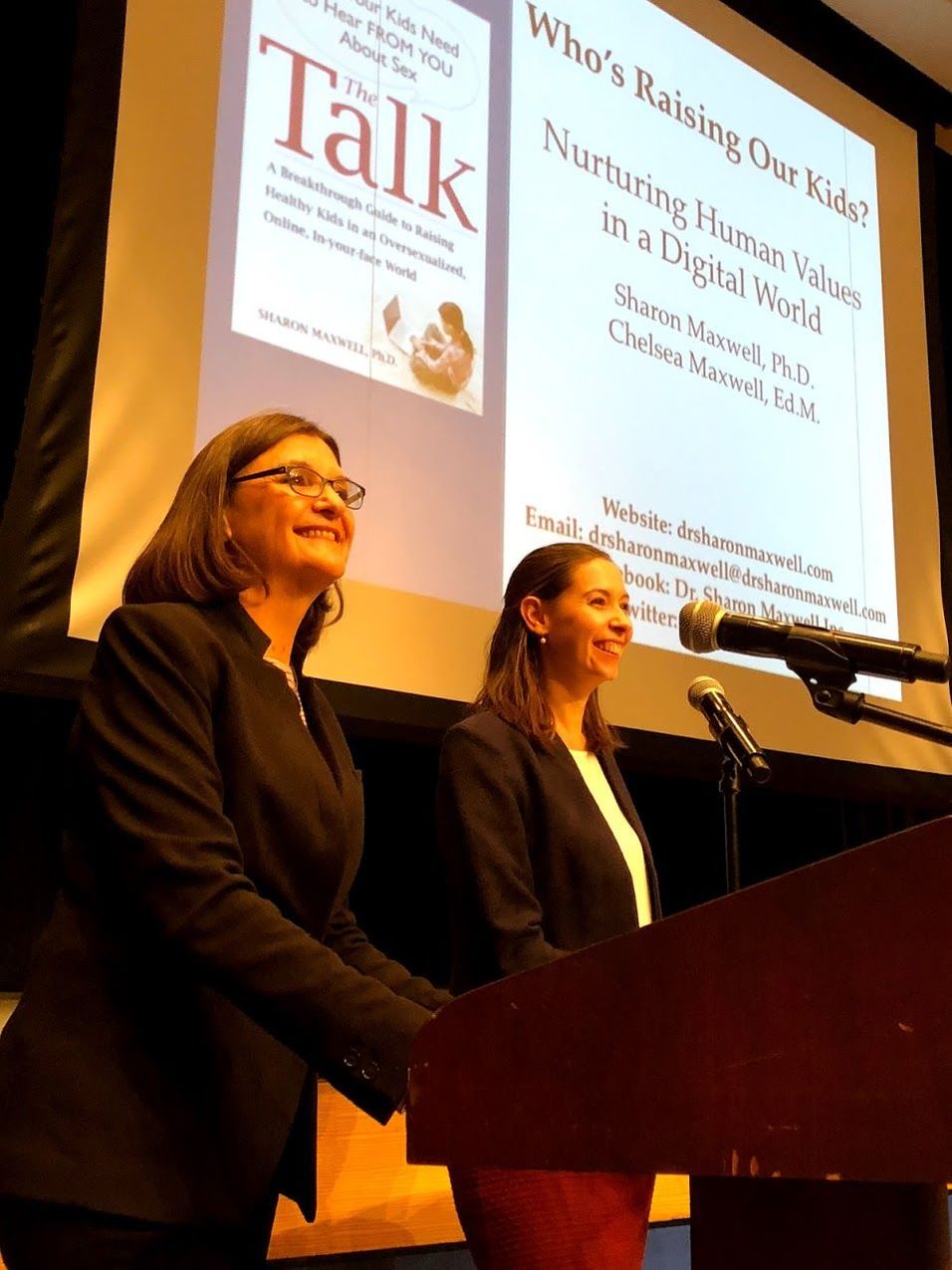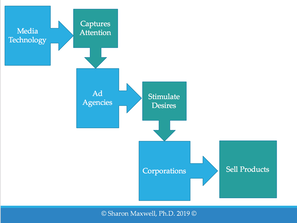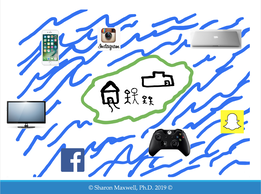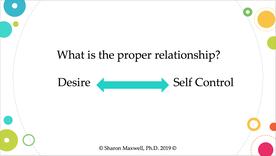I sincerely want to thank you both for the time and ideas that you shared with our school community and teaching staff. Your presentations were concise and relatable, full of valuable information capable of affecting many. Thank you so much for your talk on raising children in this media-driven age. There was an enormous amount of excellent information that I feel can help guide me as a parent into making informed decisions when it comes to technology and my kids. |
We Work with You
|
All of our presentations and workshops are tailored to meet the needs of your community. We take the time to understand what your community is looking for, what challenges you are facing, and what resources are available. Below you will find descriptions of three of our presentations.
|
Presentation Topics
Who's Raising Our Kids?
|
The developing brain is an interactive work in progress, constantly engaging with the environment, creating a universe of connections that become how we understand ourselves, the world, and our place in the world.
From smartphones to laptops, from texting to Snapchat, media technology delivers to our children a new cyber environment, providing an infinite source of information, stimulation, and opportunities for communication. This environment is having a profound impact on how our children think about themselves and is changing the way our children socialize and communicate. How do we best use this amazing resource to enhance our lives? How do we keep it from shaping our children and undermining the values we want to impart? This two hour presentation shows parents how kids are using and abusing media technology and helps parents set balanced, realistic guidelines that bring the Internet into alignment with family schedules and values. |
In a Hyper-Sexualized Culture, We CAN Raise Healthy, Responsible Kids:
|
Snapchat, sexting, online porn—our children are overwhelmed with information and stimulation by a culture that pushes them to be sexy before puberty begins. The social currency of sexy embeds itself into their self-image before they have any context for understanding what it means. How can they make sense of it all if we don’t provide an integrated framework for understanding sexuality?
This two hour presentation offers a comprehensive and positive framework for talking to kids K – 12 about sex and sexuality—connecting the dots between:
Our kids are looking for a way of understanding sexuality that will help them make sense out of what they see around them and guide their decision-making. Starting and sustaining a dialogue about sex with our children is an essential part of parenting. Educators, health professionals, and parents are using this innovative approach to prepare kids for a hyper-sexualized world and lay the foundation for ethical sexual behavior that will guide our children from elementary school through college. |
The Freedom of Self Control |
Our children are swimming in a culture that is constantly stimulating their desire. More is better, new is better, fast is better. Happiness is equated with getting what you want.
In a world flooded with desire, research shows that one of the most important skills we can teach our children is how to exercise the muscle of self-control—to delay gratification and develop the capacity to say “no” to immediate pleasure. Exercising the muscle of self-control, the child is free to engage with the world in ways that support growth and self-esteem. This presentation gives parents the language to teach children about the power of desire and help children develop the muscle of self-control. |
Reimagining Sex Ed: Educating Students to Challenge the Pervasive Impact of Porn |
Comprehensive sex ed starts with the premise that sex is a magnificent part of the human experience and that every person has a right to discover what sex, intimacy, and pleasure mean to them unencumbered by media and social manipulation. The pervasive impact of porn culture denies our children the right to that discovery. As parents and educators, we must address the cultural impact of porn to meet our students where they live. Through honest discussions and accurate information, we can empower teens to challenge this culture and reclaim their right to discover their own sexual selves.
Using real life scenarios, this presentation invites parents and educators to analyze eight ways that porn culture impacts our lives and how to address this impact with children. |





